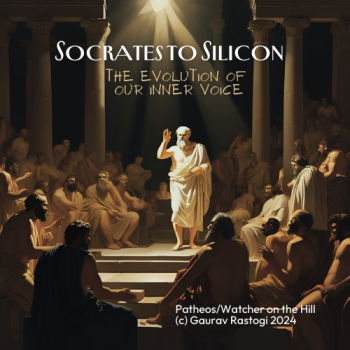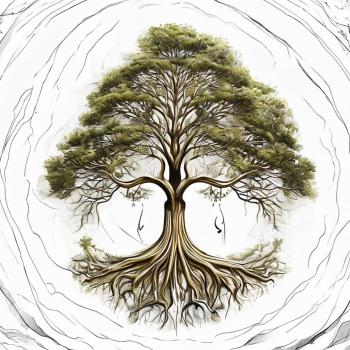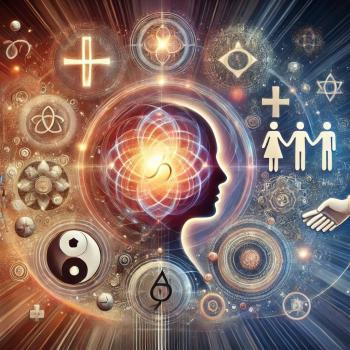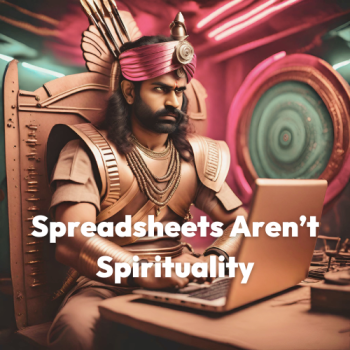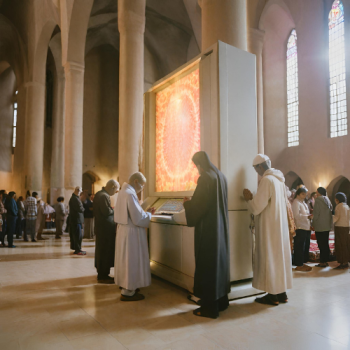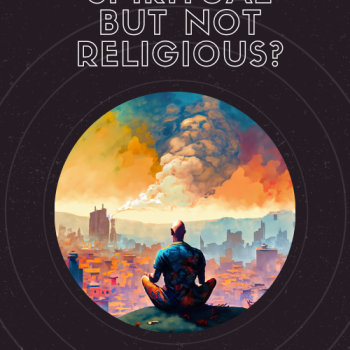In the agora of ancient Athens, Socrates walked among the crowds, his face creased in thought. He sometimes paused during debates as if listening to an unseen companion. This was his Daimonion—a guiding voice that accompanied him throughout his life. Socrates’ daemon (noun: an inner or attendant spirit or inspiring force), Daimonion, never dictated his actions but warned him when he was about to err. This inner voice steered him away from politics and towards philosophy and teaching. This influence became part of... Read more


